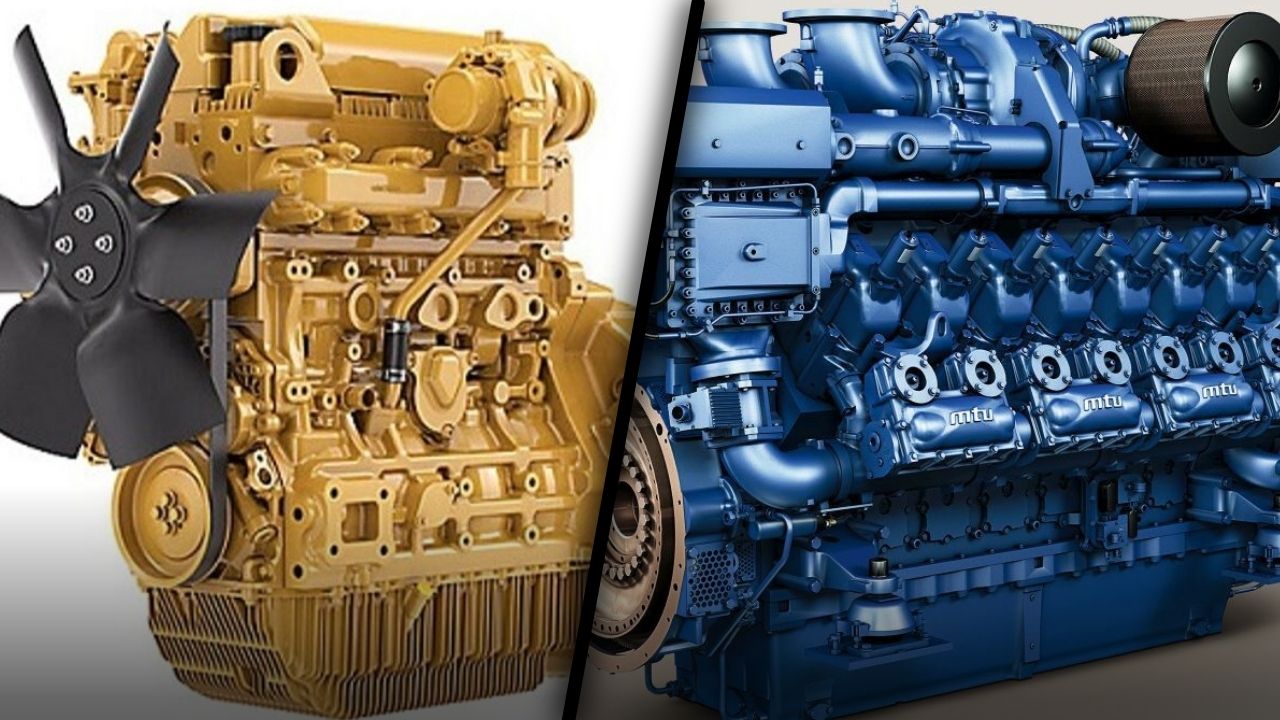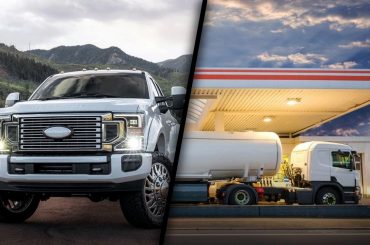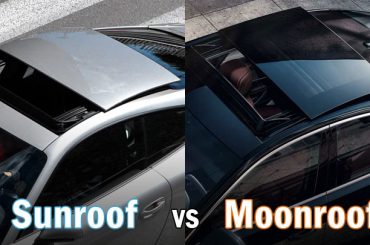In terms of operation, cost, and efficiency, gas and diesel engines are fundamentally different. Discover how they differ, as well as their advantages and disadvantages.
At first glance, gas and diesel engines appear to be similar. The pistons inside cylinders are moved by internal combustion. An engine’s crankshaft converts piston motion into rotational motion by rotating it back and forth. It is the ignition process that makes the biggest difference between these two engines, and it is how they generate energy from fuel.
How Do Gas and Diesel Engines Work
Gas engines: Have four-stroke combustion cycles. Pistons start at the top of the cylinder on the intake stroke. Air and gasoline are drawn into the engine when the intake valve opens while the piston moves down. When the piston moves back up during the compression stroke, the air and gas mixture are compressed. Spark plugs are energized at the end of each compression stroke, igniting the mixture with a spark.
During the combustion stroke, the piston is pushed down by the expanding gas as it burns. Once the piston returns to the top of the cylinder, the cylinder exhaust valve is pushed open, forcing the burned gases to exit.
Diesel engines: One major difference exists between a gas motor and a four-stroke motor. When the piston is pressed down during the intake stroke, air is the only component that enters the cylinder. Hot air is created during the compression of this air by the piston as it moves back up. The cylinder is injected with fuel at the top of this stroke. Compressed air produces enough heat to ignite combustion, causing the piston to return to the ground.
Differences Between Gas and Diesel Engines
Spark Plugs: Air and gas mixtures are ignited in a gas engine by spark plugs. Diesel engines, however, do not require spark plugs because they use compressed air as heat.
Glow plugs are used in some diesel engines, however. Because cold air can’t ignite the fuel in a cold cylinder, diesel engines can’t start in cold temperatures. The combustion chamber is heated by electrically-heated wires using glow plugs to start an engine. When the engine reaches operating temperature, combustion heat is released.
Economy: Largely due to their superior fuel efficiency, diesel engines often outperform gasoline engines. Diesel engines self-ignite, so their compression stroke creates higher pressures, which in turn makes them more efficient.
A gas engine’s self-ignition temperature must never reach the spark plug sparking temperature before it can ignite, on the other hand. In consequence, overall efficiencies are somewhat lower since cylinder compression is lower. There is usually no higher compression ratio than 14:1 for gas engines. The ratio of diesel to gasoline is at least 18:1.
Life Expectancy: Diesel engines typically last twice as long as gasoline engines. Fuel’s nature plays a part in this. Compared to gasoline, diesel fuel lubricates every moving part it touches like a thin viscosity oil. Diesel exhaust fluid: have you heard of it?
Pros and Cons of Gas Engines
Pros
-
A lower price;
-
An increase in fuel prices and availability;
-
Costs of repairs are lower.
Cons
-
Fuel efficiency is lower;
-
An earlier death;
-
Depreciation is faster.
Pros and Cons of Diesel Engines
Pros
-
An engine with great torque for its displacement;
-
Life expectancy is longer;
-
Increased fuel efficiency.
Cons
-
Costlier;
-
Premiums for insurance are higher;
-
Costlier repairs.




